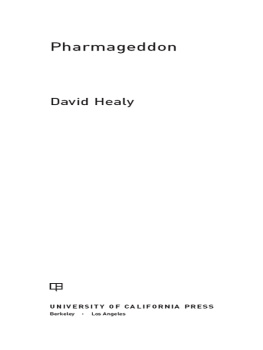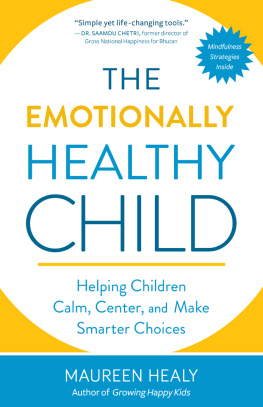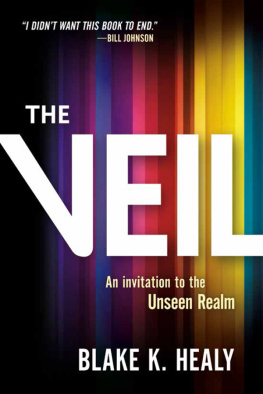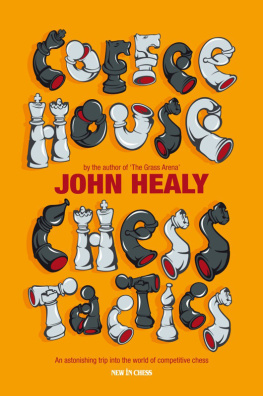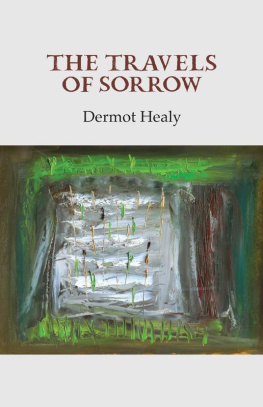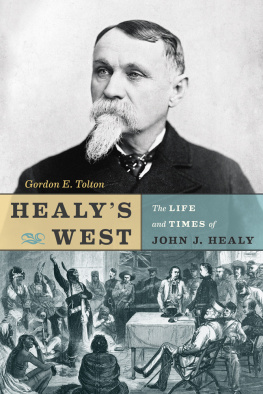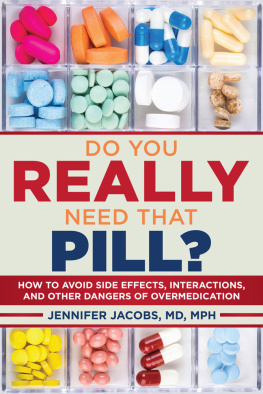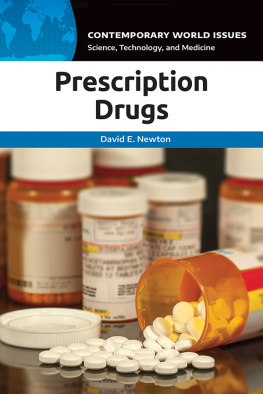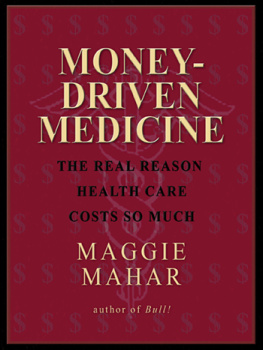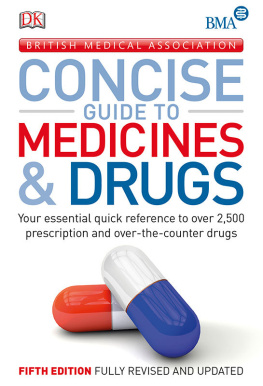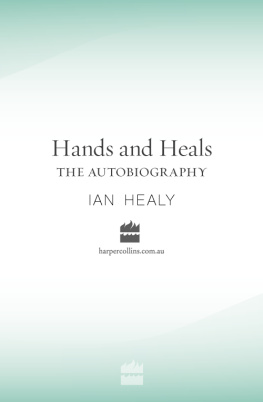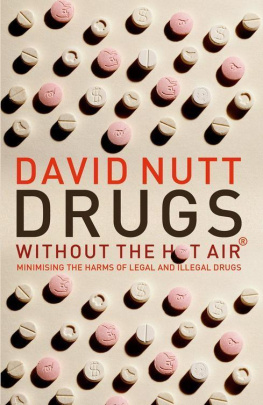University of California Press, one of the most
distinguished university presses in the United States,
enriches lives around the world by advancing
scholarship in the humanities, social sciences, and
natural sciences. Its activities are supported by the UC
Press Foundation and by philanthropic contributions
from individuals and institutions. For more
information, visit www.ucpress.edu.
University of California Press
Berkeley and Los Angeles, California
2012 by David Healy
Library of Congress Cataloging-in-Publication Data
Healy, David, MRC Psych.
Pharmageddon / David Healy.
p. cm.
Includes bibliographical references and index.
ISBN 9780-520270985 (cloth : alk. paper)
[DNLM: 1. Drug Industry. 2. Drug Utilization. QV 736]. I. Title.
LC-classification not assigned
338.4'76153dc23
2011026063
Manufactured in the United States of America
20 19 18 17 16 15 14 13 12
10 9 8 7 6 5 4 3 2 1
In keeping with a commitment to support
environmentally responsible and sustainable printing
practices, UC Press has printed this book on Rolland
Enviro100, a 100% post-consumer fiber paper that
is FSC certified, deinked, processed chlorine-free,
and manufactured with renewable biogas energy.
It is acid-free and EcoLogo certified.
For over fifteen years I have been involved in
cases linked to injuries on drug treatment. This
book is for those who have survived to pass
their stories on, for the families who have been
left behind, and especially for those who have
struggled to put things right.
When she was a child I read Exodus
To my daughter The children of Israel
Pillar of fire
Pillar of cloud
We stared at the end
Into each other's eyes Where
She said hushed
Were the adults
George Oppen, Exodus
The new wood as old as carpentry
Rounding the far buoy, wild
Steel fighting in the sea, carpenter,
Carpenter
Carpenter and other things, the monstrous welded seams
Plunge and drip in the seas, carpenter,
Carpenter, how wild the planet is.
George Oppen, Carpenter's Boat
Acknowledgments
I have accumulated so many debts it would take an ocean-going liner to accommodate everyone who should be acknowledged. Some of those to whom I am most indebted have been critics, a number of whom over the last decade have held open a forum for debate in which Ive been able to test and discard ideas. Ocean-going liners have luxuries like showers and bidets. Over the past year Ive given lectures on the subject matter of this book in several North American settings under the informal title of The Shower and Bidet Approach to Medical Care, as well as in Oslo, Uppsala, Bruxelles, Gent, and Milan, and I have Andy Scull, Joel Braslow, Ned Shorter, Cindy Hall, David Antonuccio, Masumi Minaguchi, Tom Ban, and others to thank for this, and much else. Joanna Le Noury, Margaret Harris, Stef Linden, Tony Roberts, and other colleagues in North Wales have helped supply the data for many of these talks.
It takes a lot to divert an ocean-going liner off course. Not so for a carpenters boat like George Oppens, where staying within the harbor walls seems advisable. There is a much smaller number of people to whom I owe particular debts who might fit on such a boat. These include Charles Medawar, Andrew Herxheimer, Vera Sharav, Annemarie Mol, Steve Lanes, Kal Applbaum, and Dee Mangin, who will see the beams they have contributed here but may feel they have been monstrously welded to the wrong seams, in which case they more than anyone are likely to turn green at the gills once the boat ventures out beyond the harbor mouth.
Far from getting outside the harbor, at one point it looked like the boat would never float, but Jonathan Cobb came to the rescue through wonderful editing. Rather magically he showed me how to write the book I thought Id written. Bev Slopen, my agent, and Hannah Love, my editor, have also had to keep faith through some tricky moments. And finally Sarah, Helen, and Justin have had to put up with a lot, including sibling rivalry.
Introduction
My father smoked all his adult life. He had a number of physical disorders, including ulcerative colitis, ironically one of the few conditions for which smoking is beneficial. In 1974, when he was in hospital for colitis, a routine chest X-ray revealed a shadow on his lung. Dr. Neligan, the surgeon called in, advised my mother on the importance of an operation.
Our general practitioner at the time was Dr. Lapin, whom I remembered from childhood as being tall, silver-haired, and distinguished, often wearing a bow tie. He had spent time, I was told, as a doctor in the British army, a very unusual occurrence then in Ireland. To a child, Dr. Lapin had appeared effortlessly wise and seemed to transcend the boundaries of religion, politics, and division I saw elsewhere.
When my mother developed problems in the early 1960s after giving birth, Dr. Lapin had suggested she come to see him once a week, but at the time she felt the arrangement was too open-ended, and she could not afford it. She was seen instead by another doctor, diagnosed with an ulcer and ultimately received the standard operation of the day, which involved cutting the vagus nerve and partial removal of stomach. This left her with bowel problems for the rest of her life, and regrets for not having taken Dr. Lapin's offer of treatment for what she later regarded as postnatal depression.
When my mother consulted him about the wisdom of an operation for my father, Dr. Lapin was slow to comment. But when pressed, he pointed out that my father had a number of illnesses, any of which could kill him before the tumor would. Many people, he said, went to their graves with cancers, heart disease, or other problems, but these were not what killed them. An operation would take a heavy toll on him.
My mother relayed this perspective to my father and suggested that he take six months to build himself up and then have an operation if he felt stronger; he agreed. When this plan was mentioned to the surgeon, he responded, That's fine, but have him out of the hospital within 48 hours. When my mother revealed that my father still didn't know he had a cancer, the surgeon went straight from the phone to tell him. Without an operation my father would be dead within months, Dr. Neligan indicated, but an operation offered the prospect of a cure. My father, alarmed, agreed and the operation took place two days later. Dr. Neligan afterwards said there was little they could do about my father's tumor when they opened him up. He died six months later, his life almost certainly shortened by the operation.
If there had been progress to speak of in the treatment of lung cancer in the years since my father's death, his medical care might be viewed as one of those sacrifices that at least ultimately benefits others. But there has been little progress, even though advances on almost all medical fronts are trumpeted daily. Genuine progress has been made in some areas, but far less in most areas than many people have been led to believe. More importantly, when it comes to pharmaceuticals in particular, many of these apparent advances underpin and contribute to what in recent decades has become a relentless degradation in medical care, a replacement of Lapins with Neligans, a quickening march toward Pharmageddon. While drugs played no part in what happened to my father, they have played a huge role in fostering a surgical attitude to medical care, a kind of fast healthcare.
My father's illness came just as I entered medicine, seventy years after a momentous change in Western clinical practice. Around 1900, a series of new diagnostic measures, some based on blood tests, others linked to X-rays, and yet others involving the culture of sputum or urine samples for bacteria, enabled physicians to distinguish among many diseases and find remedies for some of them. Before this, the diagnosis patients got was based on how they looked and what they said about themselves when they walked through the door of a doctor's officeif they were weak and tired, they had debility; if they were wasting, they had consumption. If they were diagnosed with a tumor, it was because it was visible or could be felt; if they had diabetes, it was because their urine had a distinctive smell. With the development of new tests, however, the diagnosis only came after a blood test or X-ray confirmed what was wrong, perhaps weeks after the visit to a doctor's office or admission to hospital. And the tests revealed new conditions such as heart attacks and duodenal ulcers. Among the states of consumption, it became clear some stemmed from tuberculosis, while others did not.

